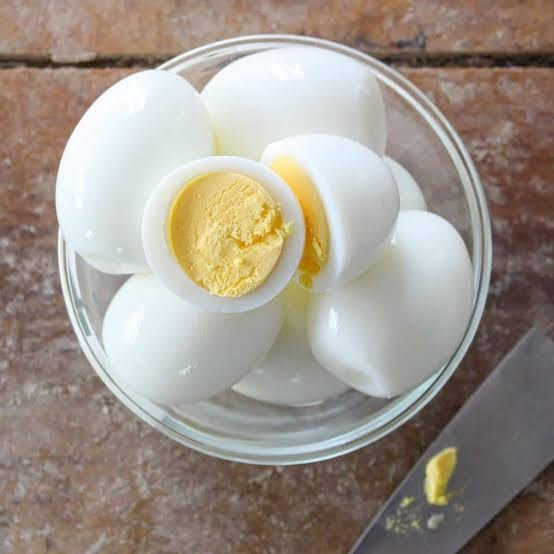Does drinking warm water help reduce blood sugar levels after meals?
- Dr.Robin Jeya Bensam MBBS, AFIH, FCIP, FRSH(Lon)

- May 8
- 3 min read

Does drinking warm water help reduce blood sugar levels after meals?
There’s a common belief that drinking warm water after meals can help lower blood sugar.
Some claim it improves digestion, speeds up metabolism, and prevents sugar spikes. But is there any truth to this?
The quick answer: Warm water alone won’t drastically lower blood sugar levels, but staying well-hydrated can support insulin function and slow glucose absorption.
While warm water may aid digestion, other strategies are much more effective in keeping blood sugar stable after meals.
Let’s dive into the science behind it and what actually works.
How Warm Water Affects Blood Sugar Levels
Drinking warm water does have some physiological benefits, but its effect on blood sugar is indirect. Here’s what it does:
Aids digestion – Warm water can help break down food faster, preventing sluggish digestion that may lead to blood sugar spikes.
Supports circulation – Proper blood flow helps insulin travel efficiently, improving glucose regulation.
Prevents dehydration-related spikes – Dehydration can increase blood sugar concentration in the bloodstream. Drinking enough fluids (warm or cold) helps prevent this.
However, warm water alone does not directly lower blood sugar.
It may support digestion and hydration, but more targeted strategies are needed for real glucose control.
What the Research Says (Does Warm Water Really Help?)
So far, no scientific studies have confirmed that warm water by itself significantly reduces blood sugar after meals.
However, research on hydration and diabetes management shows that:
Staying hydrated helps the kidneys flush out excess sugar through urine.
Water intake improves insulin sensitivity, making it easier for the body to process glucose efficiently.
Dehydration can lead to higher blood sugar levels because the body concentrates glucose in the bloodstream when there’s less water available.
That means while warm water won’t actively lower sugar levels, it plays a supportive role in blood sugar management by keeping the body properly hydrated.
Better Ways to Control Blood Sugar After Meals
If you’re looking for effective ways to prevent blood sugar spikes, try these science-backed strategies:
1. Walk for 10-15 Minutes
Light exercise after eating helps muscles absorb glucose, reducing blood sugar levels faster than sitting still. Even a short walk around the house can make a difference.
2. Pair Carbs with Protein and Healthy Fats
Instead of eating carbohydrates alone, combine them with protein (chicken, fish, eggs) or healthy fats (avocado, nuts, olive oil). This slows digestion and prevents sharp spikes in glucose.
3. Eat Fiber-Rich Foods
Fiber slows the absorption of sugar into the bloodstream. Great choices include:
Leafy greens (spinach, kale)
Whole grains (quinoa, brown rice)
Legumes (lentils, chickpeas)
Chia and flaxseeds
4. Drink Water Before Meals
Studies suggest that drinking one glass of water before eating can slightly reduce post-meal blood sugar levels by improving hydration and digestion.
5. Try Apple Cider Vinegar
Some research indicates that apple cider vinegar before meals can improve insulin sensitivity, helping regulate glucose levels. Mix 1-2 teaspoons with water and drink before eating.
These methods are far more effective than relying on warm water alone.
Should You Still Drink Warm Water?
Yes, but for overall digestion and hydration benefits rather than blood sugar control. Warm water can:
✔ Help with digestion and bloating✔ Encourage hydration, which supports blood sugar balance✔ Improve circulation, which may help insulin function
However, if your goal is managing blood sugar after meals, warm water should be combined with other strategies like movement, balanced meals, and fiber intake.
Final Thoughts
Warm water has health benefits, but it’s not a magic solution for lowering blood sugar after meals.
While hydration is essential for glucose control, walking, eating fiber-rich foods, and pairing carbs with protein are far more effective at preventing spikes.
If you’re managing diabetes or insulin resistance, focus on a well-rounded approach to diet and lifestyle. And as always, consult a healthcare professional for personalized advice.









Comments